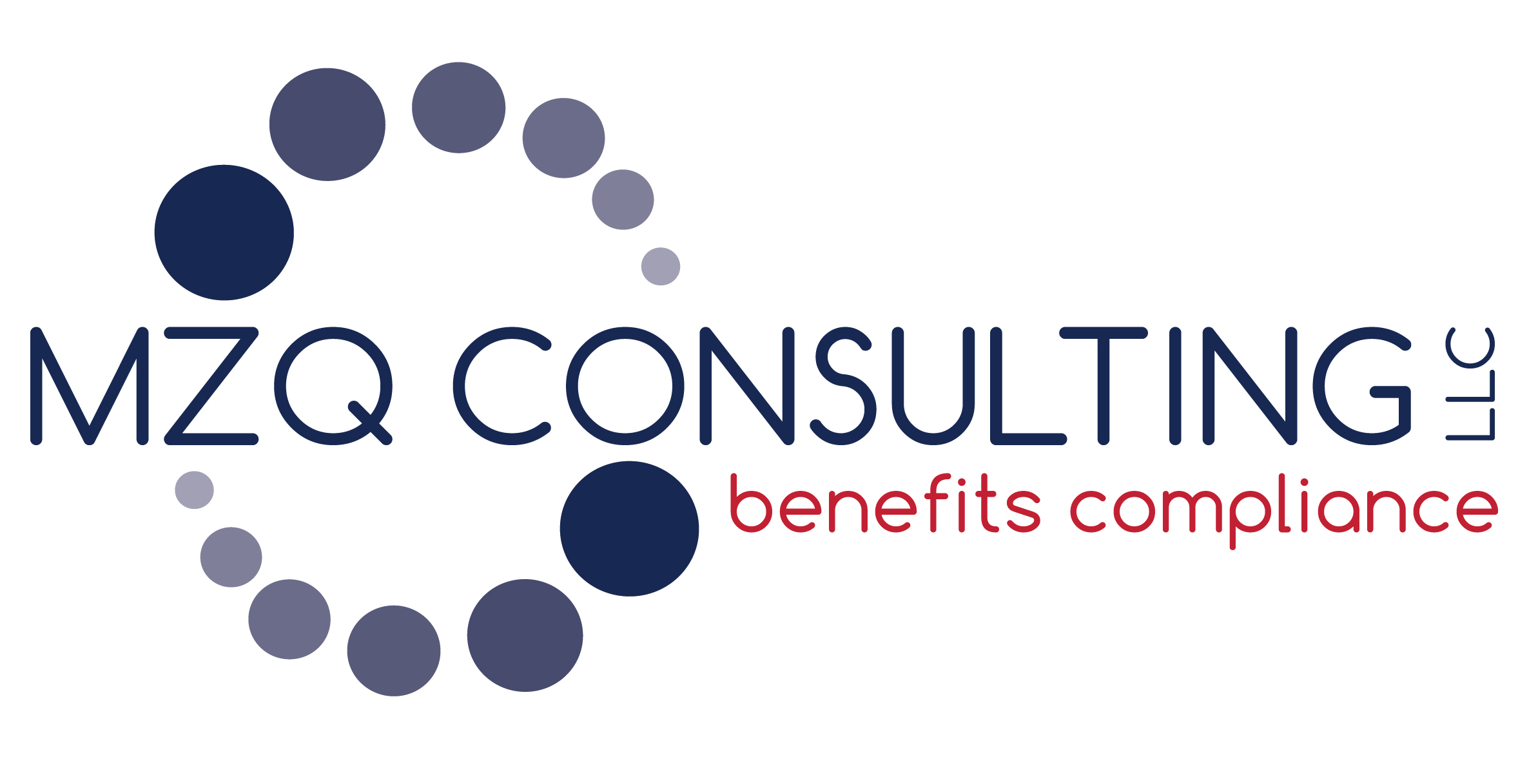Annual RxDC Reporting Deadline Drawing Near
 Prefer to listen instead of read? No problem! Listen to the blog post at any time by clicking here.
Prefer to listen instead of read? No problem! Listen to the blog post at any time by clicking here.
The Consolidated Appropriations Act of 2021 established a new data collection requirement for employers of all sizes and funding structures, where such entities must now submit annual prescription drug data collection (RxDC) reports on their plan’s prescription drug and health care spending to the Centers for Medicare and Medicaid Services (CMS). The calendar year 2023 reports are due by June 1, 2024. We encourage employers to ensure that these reports are submitted accurately and timely, as the “good faith” compliance standard applied to the initial 2020 and 2021 RxDC filings is no longer available.
RxDC reports from employer group health plans must include a file of general plan information (P2), details about the plan’s enrollment information and allocation of premium dollars (D1), and seven data files (D2-D8) that primarily reflect statistics about prescription drug usage and medical claims data. Narrative files explaining the data contained in the D1-D8 reports are also required. Of note, RxDC reports are not required for retiree-only plans, excepted benefits, or account-based plans like HRAs, but they are required for all traditional group health plans in all U.S. states and territories.
Because employers do not typically have access to the claims data required to prepare D2-D8 files and their accompanying narratives, employers are permitted to have multiple vendors submit data files on behalf of their plan. Plan sponsors will likely rely on as many as three vendors to satisfy these complex reporting requirements:
- PBMs will generally complete D3-D8 files (which include pharmacy data files and related data files).
- Carriers and TPAs will generally complete and submit D2 files (which include health care spending files).
- Depending on the circumstances, employers or their compliance vendors, carriers, or TPAs will generally complete and submit D1 files (including information about plan enrollment and premium data).
Each separate filing must also be accompanied by a P2 cover letter-type filing identifying the plan(s) included in that filing.
The 2023 RxDC instructions include a notable difference from previous years in that this is the first year that CMS will enforce the previously suspended aggregation restriction. This restriction prohibits the D1 medical premium and life years data and the D3-D8 pharmacy benefit data from being reported at a “less granular level” than the D2 medical benefit data. In other words, if the D2 is submitted on a plan-level basis, the D1 and D3-D8 files must be submitted similarly; they cannot be submitted by market segment unless the D2 file is also provided on a market segment-level basis. The D1 and D3-D8 files may be submitted at a more granular level than the D2 file, meaning that these reports can be created on a plan-level basis even if D2 reflects market segment-level information.
The most significant challenge many employers face for RxDC reports is identifying a solution for submitting the D1 data, which needs to be filed along with its own P2. Even though the P2 plan information and D1 premium data files are comprised primarily of information employers should know about the health plan they have offered, there are complex requirements within the P2 and D1 file specifications, and it takes weeks to obtain the account with CMS’s Health Insurance Oversight System (HIOS) required for their submission. As a result, most employers will need assistance from a vendor or compliance expert to create and submit these reports through HIOS.
Employers working with a health insurer, TPA, or PBM to submit D1 files on their behalf will likely encounter tight deadlines to provide their vendor employer-specific information for these filings. In some cases, these deadlines may have already passed; in others, a plan’s vendor may refuse to help submit D1 data. The reluctance to help and tight deadlines exist because carriers, TPAs, and PBMs must focus on the “heavy lift” that submission of D2-D8 claims files requires.
For employers whose carrier/TPA/PBM is unwilling or unable to submit D1 on their behalf or for those who have missed their vendor’s deadline, MZQ Consulting is available to prepare and submit D1 and P2 files for your organization. Click here to get more information.
© 2024 MZQ Consulting, LLC. All rights reserved.
Content provided to Q4intelligence members by MZQ Consulting, LLC
Photo by tatom




